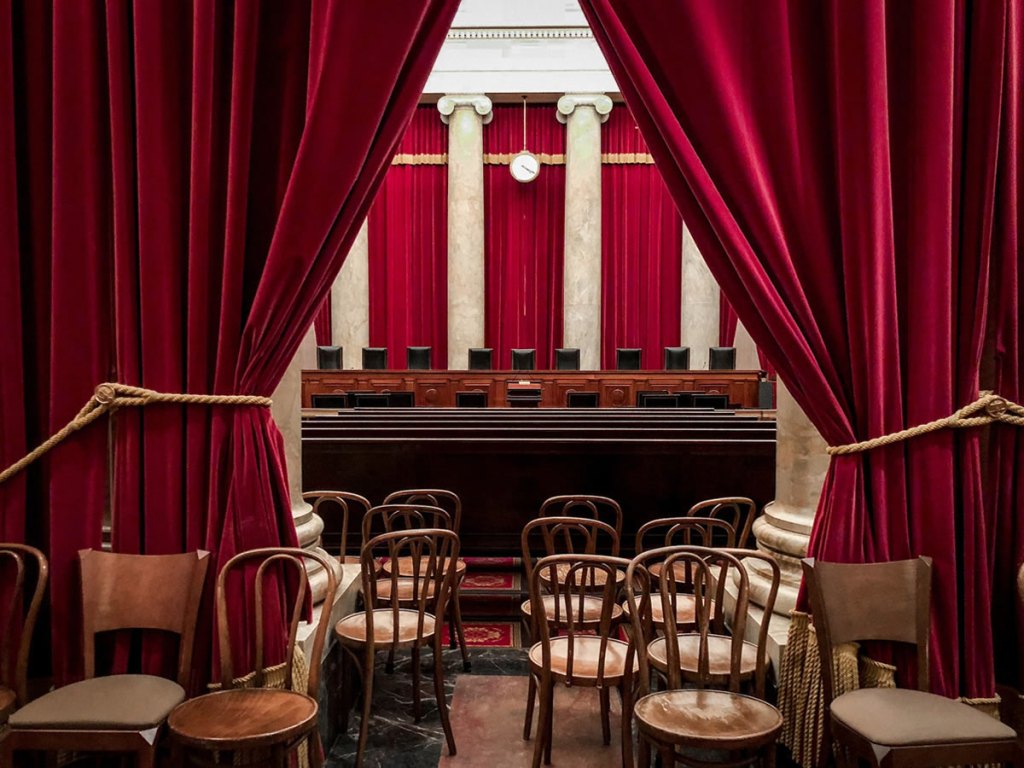The U.S. Supreme Court last week scheduled oral arguments for seven pending cases to take place in February, including one that will decide whether “the National Bank Act preempts the application of state escrow-interest laws to national banks,” according to a publication of the argument schedule and reporting at SCOTUSblog.
The court will decide whether or not national banks will be required to follow state-level laws governing escrow accounts’ accumulation of interest.
According to the petition sent to the court, the petitioners explained that several states have placed requirements on banks’ interest rate payments on certain escrow accounts and are seeking a decision requiring federally-chartered banks to comply with state laws.
“At least thirteen states have enacted laws requiring mortgage lenders to pay a minimum interest rate on funds held in mortgage escrow accounts,” the initial submission to the court explained. “Congress has since recognized the existence of these state escrow-interest laws and has expressly required national banks to comply with them where applicable.”
Petitioners are asking the court to settle the question of whether or not “the National Bank Act preempt[s] the application of state escrow-interest laws to national banks,” according to the filing.
Petitioners in New York cited the pre-existing state laws when seeking to compel Bank of America (BofA) to follow the applicable state laws, but the Second Circuit Court of Appeals previously sided with BofA who argued that the national law supersedes the state-level laws.
“The Second Circuit’s decision to preempt escrow interest laws leaves banks uncertain of the interest rates they must pay, undermining the stability on which our financial system depends,” the petition said. “And the Second Circuit’s rationale has even further-ranging effects, risking preemption of any state law that seeks to exert control over a banking power—no matter how insignificant its impact on banks.”
New York’s state law, they say “doesn’t prevent national banks from making real-estate loans or providing mortgage-escrow services. Nor does it significantly interfere with their ability to do so. All it does is require a modest interest payment on the money that borrowers put into their escrow accounts—a requirement that is fully compatible with federal policy.”
Organizations including the Conference of State Bank Supervisors and the American Association of Residential Mortgage Regulators filed briefs with the court in support of the petitioners, warning that upholding the Second Circuit decision would give unfair advantages to national banks.





